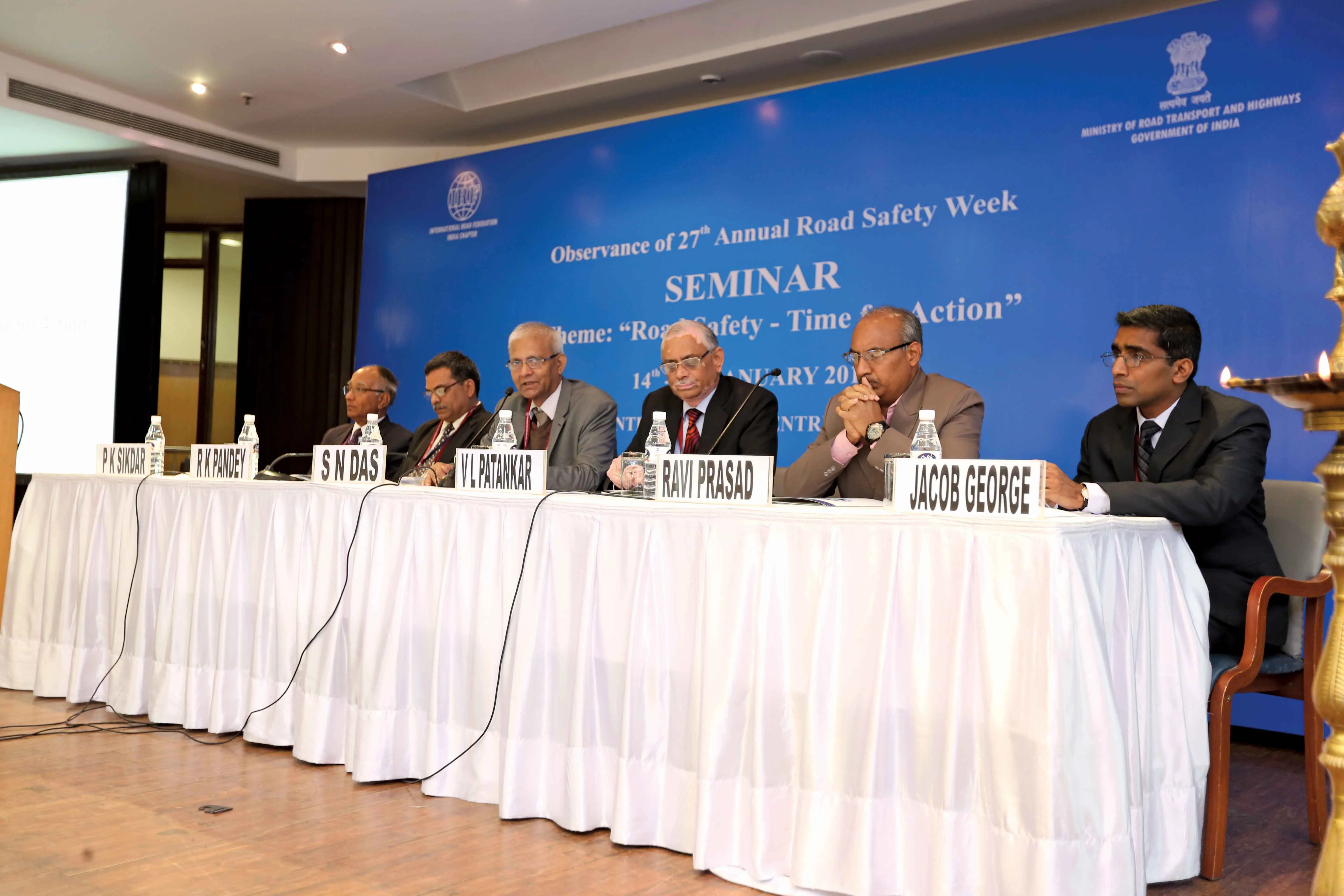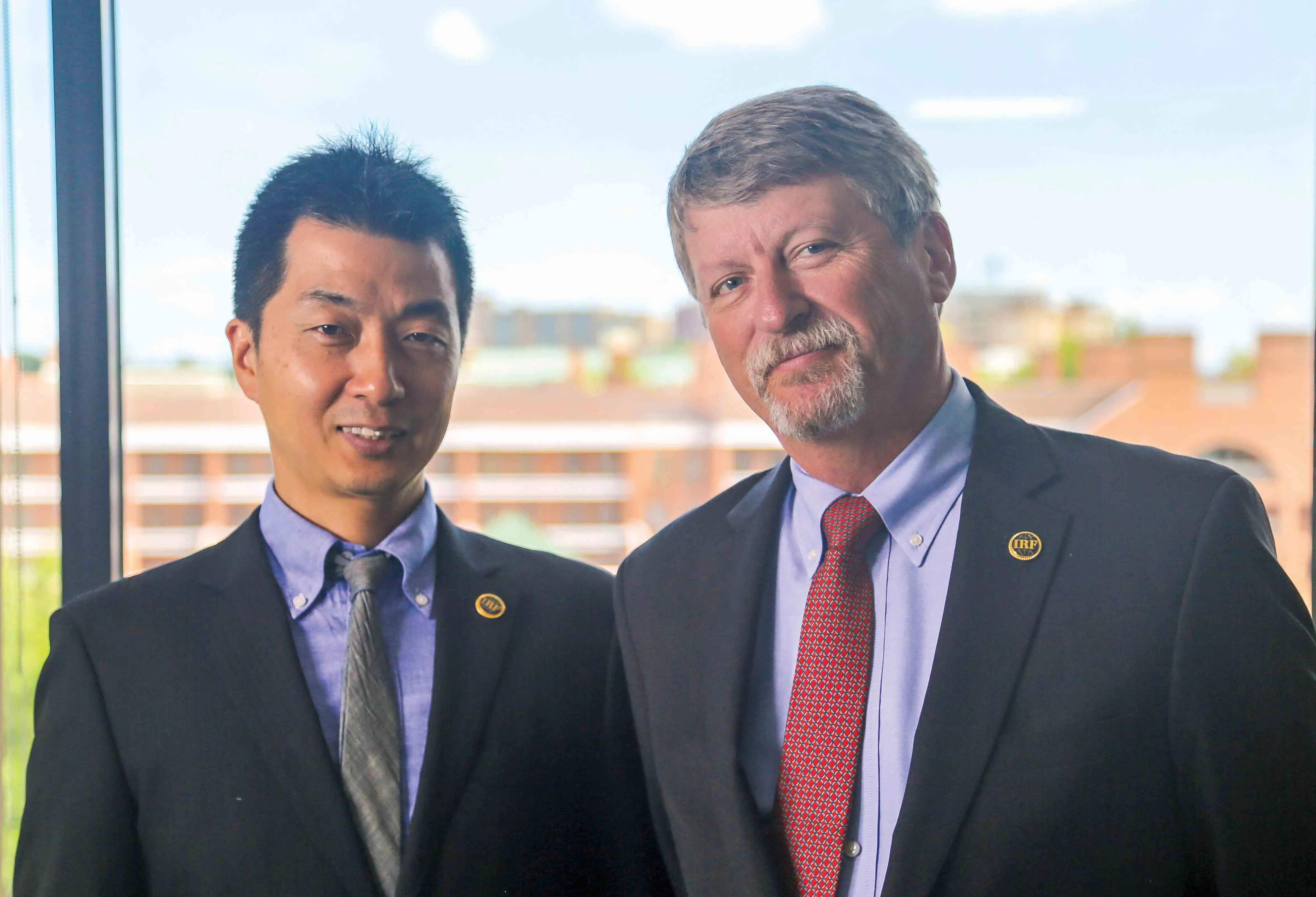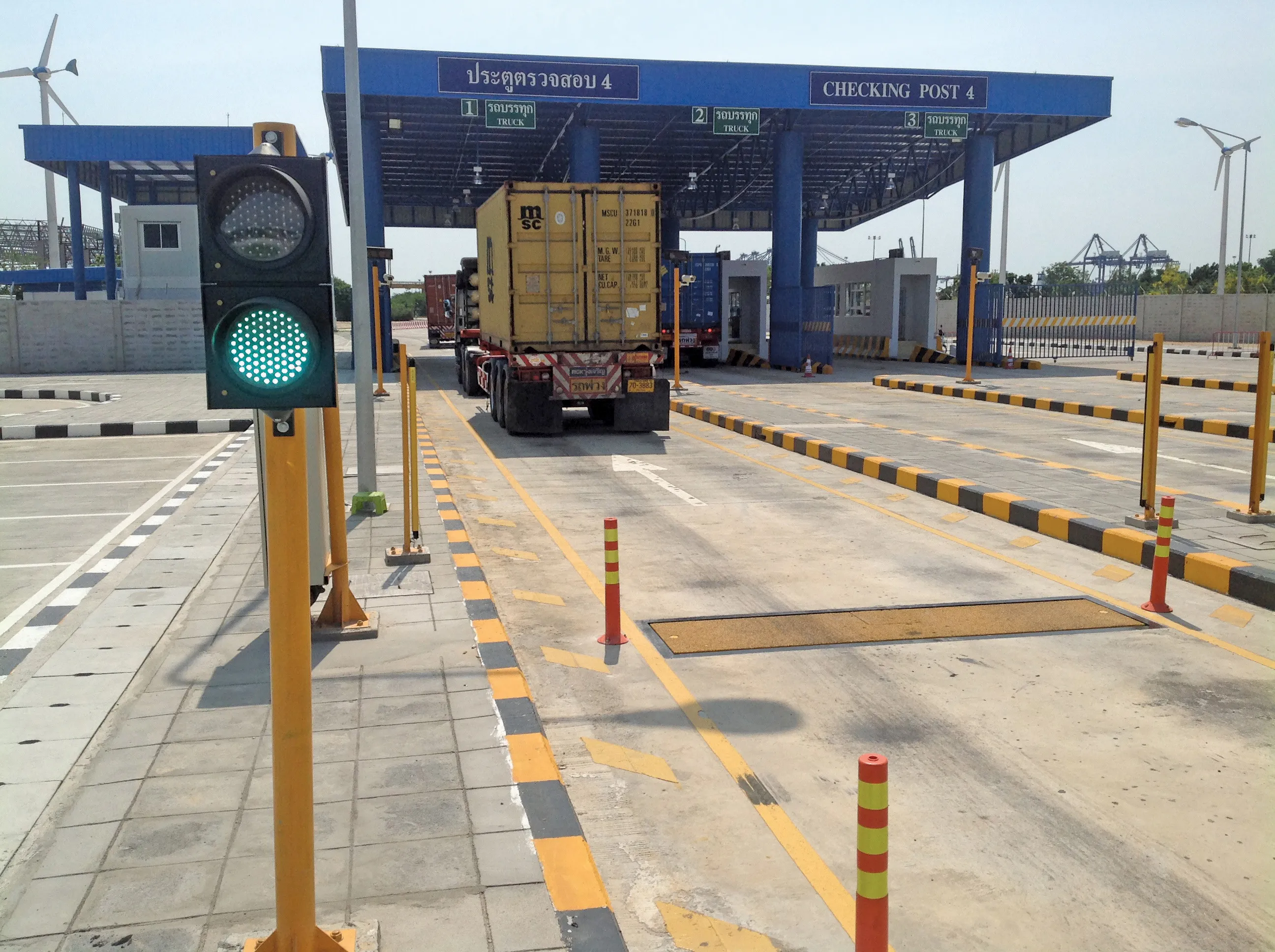As part of the 27th road safety week, IRF organised a two-day seminar in New Delhi (January 14th -15th) to raise political awareness about, and support for, initiatives to improve road safety
The seminar with the theme “Road Safety – Time for Action” was chaired by Sanjay Mitra, Secretary Road Transport and Highways (RTH), of the Government of India. K K Kapila, chairman IRF – GPC, highlighted recent IRF initiatives (black spot removal, training of drivers to provide first aid to accident victims at acci
March 8, 2016
Read time: 3 mins

RSSAs part of the 27th road safety week, IRF organised a two-day seminar in New Delhi (January 14th -15th) to raise political awareness about, and support for, initiatives to improve road safety
The seminar with the theme “Road Safety – Time for Action” was chaired by Sanjay Mitra, Secretary Road Transport and Highways (RTH), of the Government of India. K K Kapila, chairman IRF – GPC, (1201 IRF Geneva) highlighted recent IRF initiatives (black spot removal, training of drivers to provide first aid to accident victims at accident locations) to improve road safety and called on all stakeholders to take concerted action to significantly reduce the number of accidents and fatalities on Indian roads.
Secretary Mitra expressed concern about the large loss of life from traffic crashes, and the cost of this, according to some estimates as high as 3% of GDP. He noted the initiative launched by the National Highway Authority of India to carry out a safety audit of 3,000km of Indian Highways and to involve and stimulate State Governments to undertake road safety audits of the roads under their purview. He concluded by sharing the Government of India’s plans to undertake a large scale education and awareness campaign targeting drivers of heavy motor vehicles on the importance of, and need for engaging in behaviour that contributes to improving road safety and reducing accidents and fatalities.
The seminar concluded by appealing to members of the Indian Parliament to use the funds at their disposal to undertake a “black spot” removal program in their voting district. It also appealed to all political parties to ensure the passage of the Road Safety & Traffic Management Bill in the Indian Parliament, and its enactment into law.
And the seminar recommended using intelligent transportation systems to improve road safety as well as training drivers of heavy vehicles to provide better first aid to accident victims at the accident location itself. Other recommendations made by the seminar included adopting and incorporating road safety education into school curricula via existing subjects (details of books developed by IRF for this purpose are available on the website: www.indiairf.com).
They also included using reflective tapes as an effective low-cost measure for improving the visibility of commercial vehicles and bicycles at night.
The seminar with the theme “Road Safety – Time for Action” was chaired by Sanjay Mitra, Secretary Road Transport and Highways (RTH), of the Government of India. K K Kapila, chairman IRF – GPC, (
Secretary Mitra expressed concern about the large loss of life from traffic crashes, and the cost of this, according to some estimates as high as 3% of GDP. He noted the initiative launched by the National Highway Authority of India to carry out a safety audit of 3,000km of Indian Highways and to involve and stimulate State Governments to undertake road safety audits of the roads under their purview. He concluded by sharing the Government of India’s plans to undertake a large scale education and awareness campaign targeting drivers of heavy motor vehicles on the importance of, and need for engaging in behaviour that contributes to improving road safety and reducing accidents and fatalities.
The seminar concluded by appealing to members of the Indian Parliament to use the funds at their disposal to undertake a “black spot” removal program in their voting district. It also appealed to all political parties to ensure the passage of the Road Safety & Traffic Management Bill in the Indian Parliament, and its enactment into law.
And the seminar recommended using intelligent transportation systems to improve road safety as well as training drivers of heavy vehicles to provide better first aid to accident victims at the accident location itself. Other recommendations made by the seminar included adopting and incorporating road safety education into school curricula via existing subjects (details of books developed by IRF for this purpose are available on the website: www.indiairf.com).
They also included using reflective tapes as an effective low-cost measure for improving the visibility of commercial vehicles and bicycles at night.








